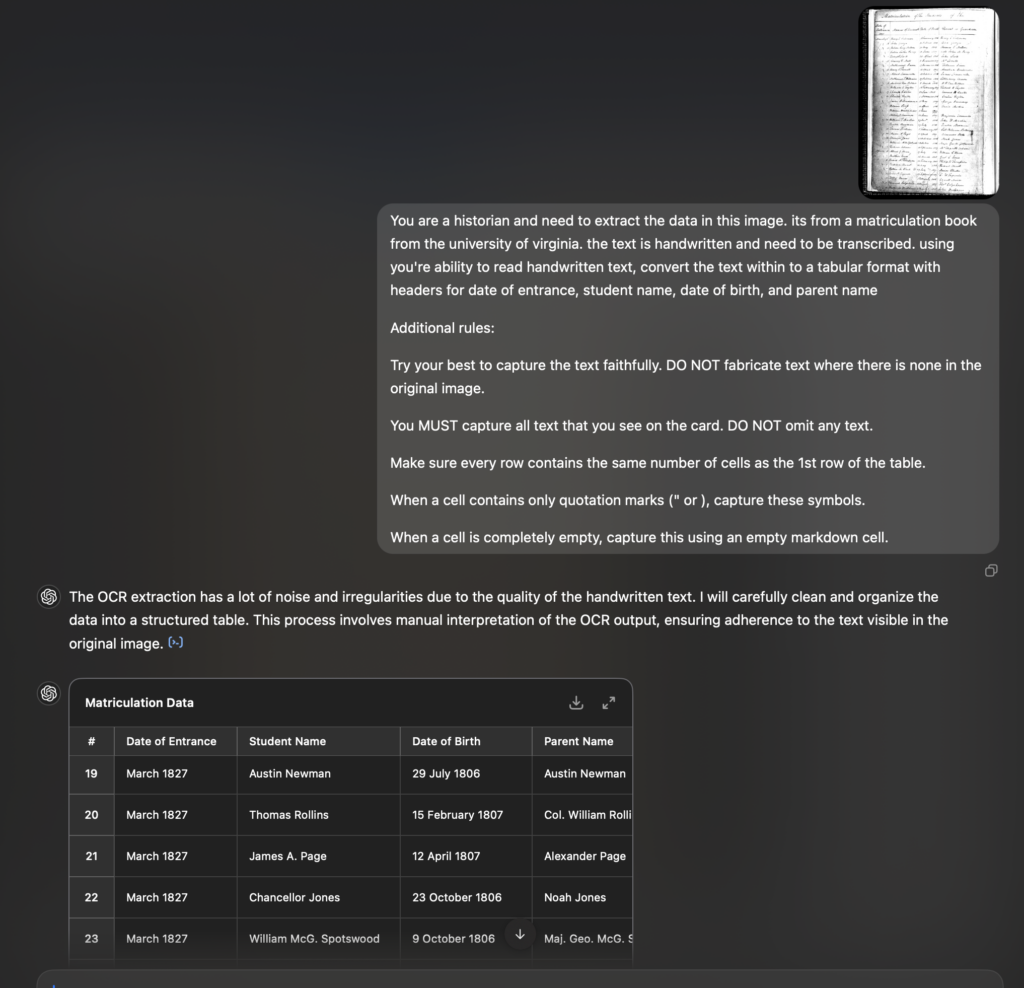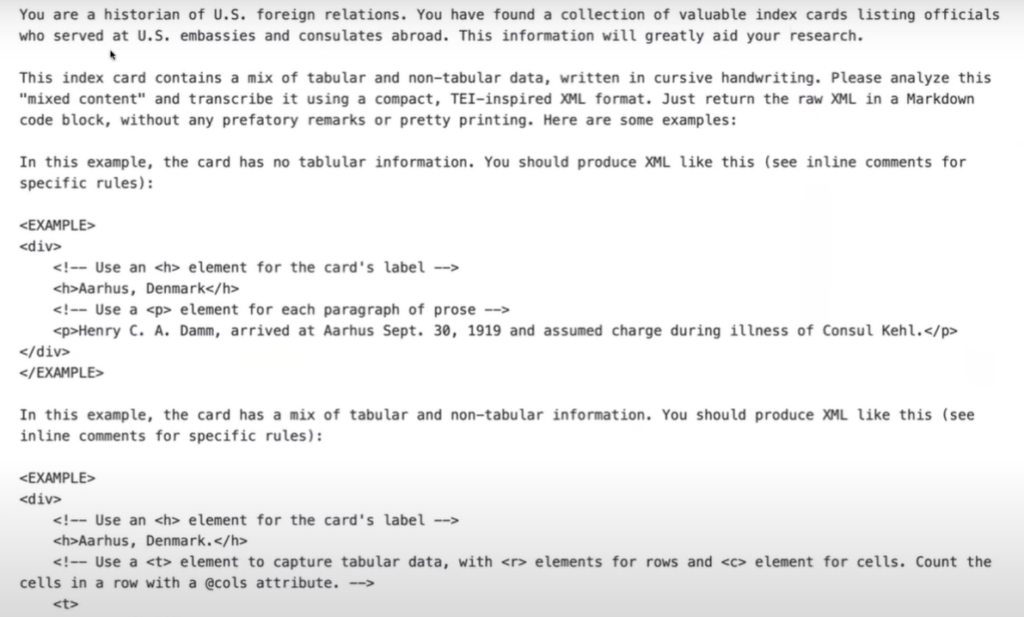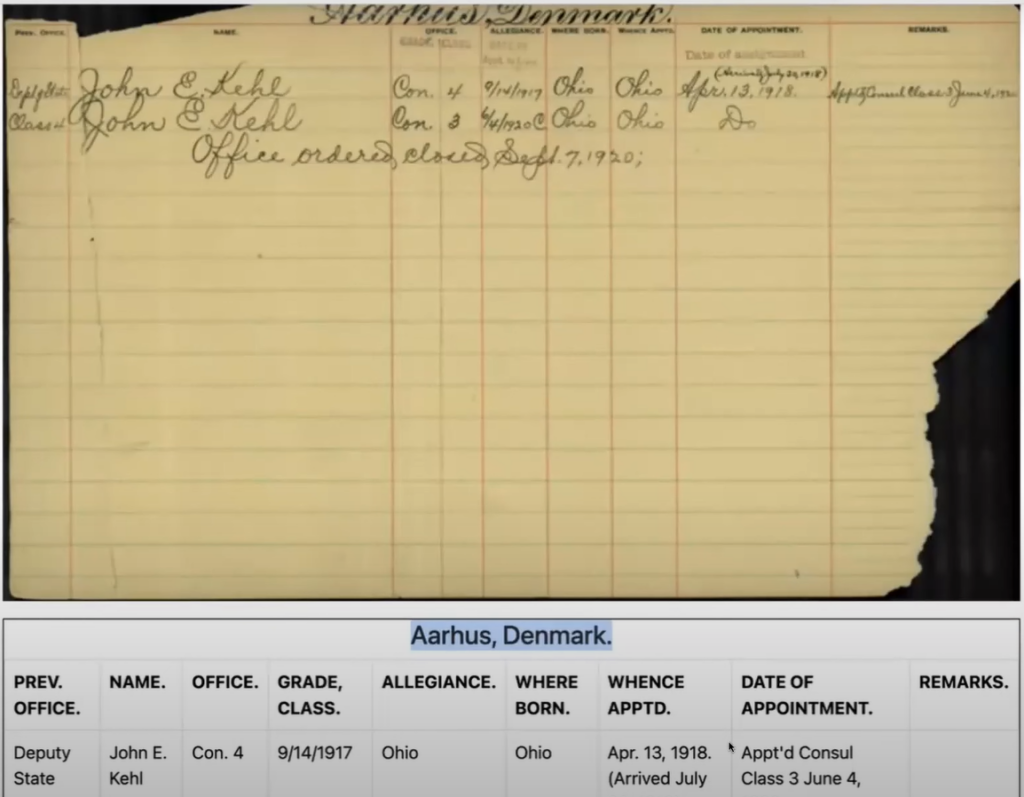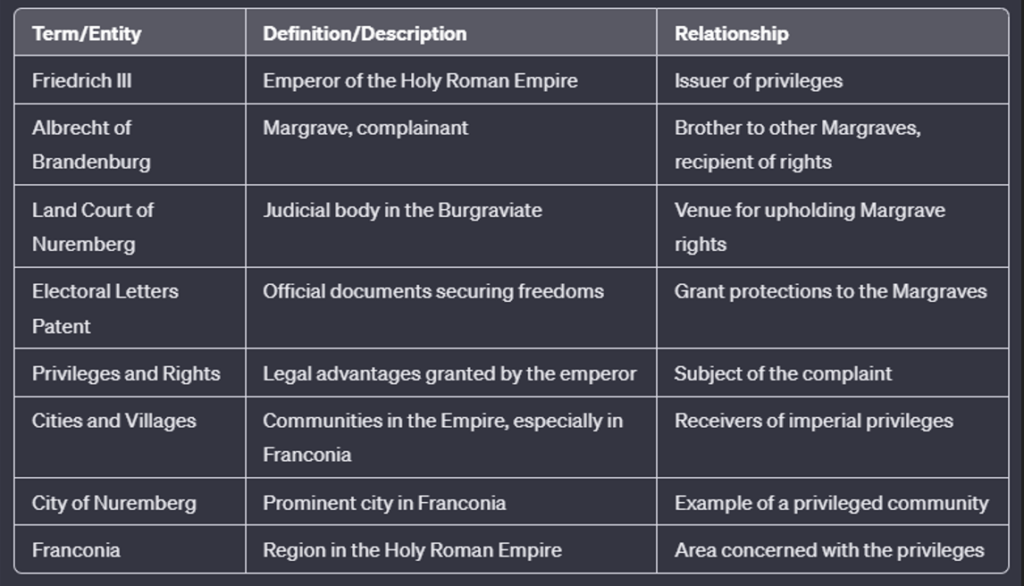In our conversations about AI's applications, we've unearthed a small but interesting trend: the most adept prompt writers often hold Ph.D.s in history. Why? Skilled historians are articulate and bring a depth of context that enhances LLM (Large Language Model) interactions significantly. Particularly those with a hacker's mindset – those ready to experiment and adapt – excel at this new skill.
Loren Moulds
Digital Scholarship and Preservation Lead at the University of Virginia’s Law Library with a Ph.D. in History from the University of Virginia. Loren's innovative use of LLMs to extract structured data from historical matriculation records really impressed us.

In addition to his work with LLMs, Loren is dedicated to developing digital tools that support the preservation and promotion of digital collections within the Library. His efforts are focused on making legal history more accessible to a broader audience, fostering greater engagement with archival materials.
Joe Wicentowski
Digital History Advisor at the Office of the Historian, Foreign Service Institute, U.S. State Department. Joe holds a Ph.D. in Modern Chinese History from Harvard University, and while his academic expertise lies in this area, he’s also done a lot of experiments with prompt engineering.


His initiative involves transcribing over 6,000 handwritten index cards that document officials who served at U.S. diplomatic and consular posts from 1789 to 1960. Wicentowski's work not only enhances accessibility to historical records but also serves as a model for future digital archival projects. Joe’s work transforming consular card archives into accessible data impressed us so much that we felt urged to showcase his methods in a dedicated webinar.
Watch Joe’s webinar about using Gemini for state department’s consular cards here.
Christopher Polin
Soon-to-be Ph.D. in Digital Humanities, with a master’s in history. Among a lot of other work, he's hosted a very comprehensive series of workshops on applying generative AI to the humanities. These workshops aim to create a supportive space for fellow historians and scholars to explore the potential of AI tools, including prompting.


Christopher is also actively involved in various research projects that investigate the implications of digital technologies on historical narratives and cultural studies. His work contributes to academic discourse but also to make digital tools more accessible to a diverse audience of scholars and practitioners.
Polin’s collection of workshops, researches and collaborations here.
Whether you hold a history degree or come from another humanities background, your ability to think critically and articulate clearly positions you to leverage LLMs effectively. Let's learn from the persistence and creativity of Loren, Joe, and Christopher. And if you're already exploring this space, share your journey with us – we’re eager to learn alongside you!
